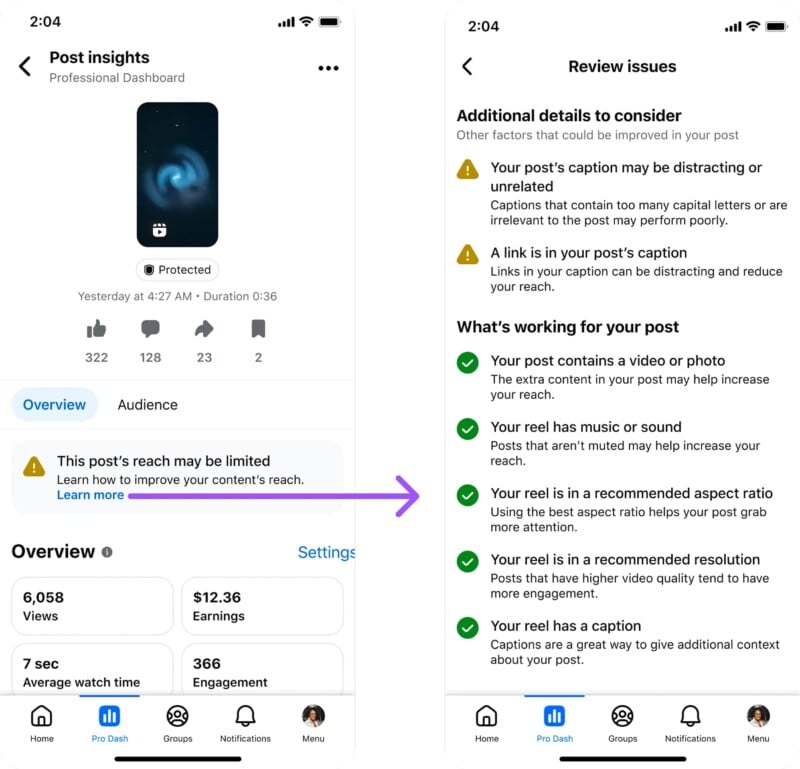Meta Cracks Down on Facebook Users Who Steal and Repost Others’ Photos
![]()
Meta says it will implement stronger measures against accounts that repeatedly reuse other people’s photos, videos, or text and post “unoriginal” content on Facebook.
In a blog post published on Monday, Meta announced it is taking further steps to limit the spread of copied or repurposed content, especially when shared without credit. The company says these measures are aimed at protecting original creators from having their photos and videos reused without permission on Facebook.
In the announcement, Meta says it has already taken action this year, removing around 10 million profiles that were impersonating large content creators. The company also penalized over 500,000 accounts for spam.
“We’re making progress — in the first half of 2025, we took action on around 500,000 accounts engaged in spammy behavior or fake engagement, applying measures ranging from demoting their comments and reducing the distribution of their content to preventing these accounts from monetizing,” Meta writes in the blog post. “We also took down around 10 million profiles impersonating large content producers.”

The changes are part of a broader effort to make Facebook’s feed more authentic by limiting spam, fake engagement, and content created using artificial intelligence tools. Meta says the aim is to support original creators and reduce the presence of low-quality reposted content.
![]()
“We love it when creators reshare content, add commentary in a reaction video, or join in on a trend, adding their unique take,” Meta explains. “What we want to combat is the repeated reposting of content from other creators without permission or meaningful enhancements.”
Meta is bringing in stricter rules to stop users from copying and reposting other people’s videos, photos, or text on Facebook. Facebook accounts that do this often will lose the ability to make money and will see all their posts reach fewer people. If Meta spots a duplicate video, it will be shown to fewer users, so the original creator gets more attention. Meta is also testing ways to give credit, like adding links that take viewers to the original post.
Image credits: Header photo licensed via Depositphotos.